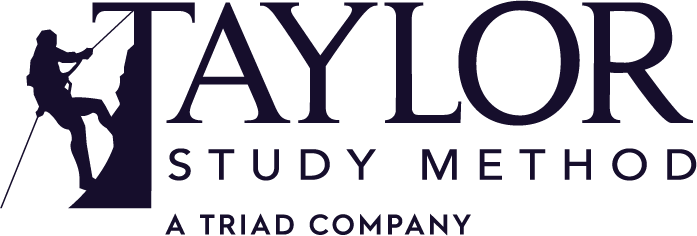What is the EPPP?

Several requirements must be met prior to being eligible to take the EPPP exam, such as evidence of graduation from an accredited school with an appropriate degree (often a PhD or PsyD in Psychology), the successful completion of supervised clinical experience, and any state or province-specific requirements, among others.
Upon successful completion of the exam, the candidate will be license eligible to practice psychology in the United States and Canada, as approved by the state/province certifying board.
Several requirements must be met prior to being eligible to take the EPPP exam, such as evidence of graduation from an accredited school with an appropriate degree (often a PhD or PsyD in Psychology), the successful completion of supervised clinical experience, and any state or province-specific requirements, among others.
Upon successful completion of the exam, the candidate will be license eligible to practice psychology in the United States and Canada, as approved by the state/province certifying board.

Testing Center
The EPPP is administered at more than 275 Pearson VUE test centers across the United States and Canada making it simple and problem-free to take the exam on the computer. If you are interested in finding out where test centers are in your area, please call or email TSM today at 877-510-5445 or contact@taylorstudymethod.com.
Test Details
The EPPP is a multiple-choice test consisting of 225 questions, 175 which are scored, and 50 of which are unscored, pre-test questions. Each multiple-choice question is accompanied by four potential answers, with only one fully and completely accurate choice. A candidate’s reported score is based on the total number of correct responses; no penalties are given for incorrect answers.
A test-taker should answer every question, even if he or she is unsure of the correct answer, since an unanswered question will be considered as incorrect. Candidates are given 4 hours and 15 minutes to complete all questions on the exam.
How is it Scored?

The examination is scored on a scale from 200 to 800. The raw score is scaled to take into account question difficulty and other factors, ensuring that all tests administered can be compared equally. This means that a different raw score on different tests may yield the same scaled score.
While ASPPB member jurisdictions (or licensing authorities in the United States and Canada) are responsible for setting their own benchmarks regarding pass/fail scores, more than 90% use a passing score of 500, which is the passing score recommended by the ASPPB. The average pass rate for first time doctoral level candidates is approximately 80%.
How is it Scored?
The examination is scored on a scale from 200 to 800. The raw score is scaled to take into account question difficulty and other factors, ensuring that all tests administered can be compared equally. This means that a different raw score on different tests may yield the same scaled score.
While ASPPB member jurisdictions (or licensing authorities in the United States and Canada) are responsible for setting their own benchmarks regarding pass/fail scores, more than 90% use a passing score of 500, which is the passing score recommended by the ASPPB. The average pass rate for first time doctoral level candidates is approximately 80%.

What does the EPPP cover?

The EPPP is intended to cover the knowledge that most recent practice analyses have determined as foundational to the competent practice of psychology.
This includes questions in approximately eight topics, including questions on the biological bases of behavior; the cognitive-‐affective bases of behavior; the social and cultural bases of behavior; growth and lifespan development; assessment and diagnosis of patients; the treatment, intervention, prevention and supervision of patients; research methods and statistics; and ethical, legal, and professional issues.
What does the EPPP cover?
The EPPP is intended to cover the knowledge that most recent practice analyses have determined as foundational to the competent practice of psychology.
This includes questions in approximately eight topics, including questions on the biological bases of behavior; the cognitive-‐affective bases of behavior; the social and cultural bases of behavior; growth and lifespan development; assessment and diagnosis of patients; the treatment, intervention, prevention and supervision of patients; research methods and statistics; and ethical, legal, and professional issues.

Who is an eligible candidate?
Most EPPP eligible candidates have a PhD or PsyD in psychology, and at least one year of supervised experiences. These candidates are expected to have acquired a broad knowledge base covering the general studies of psychology – regardless of the candidate’s specialization. The EPPP is just one part of the overall evaluation of new psychologists. Individual provincial and state boards supplement the EPPP with other requirements and/or assessment procedures.
Prepare to Take the EPPP
Taylor Study Method is designed to help you pass the EPPP, whether you test next month, or next year.
$299 to get started
